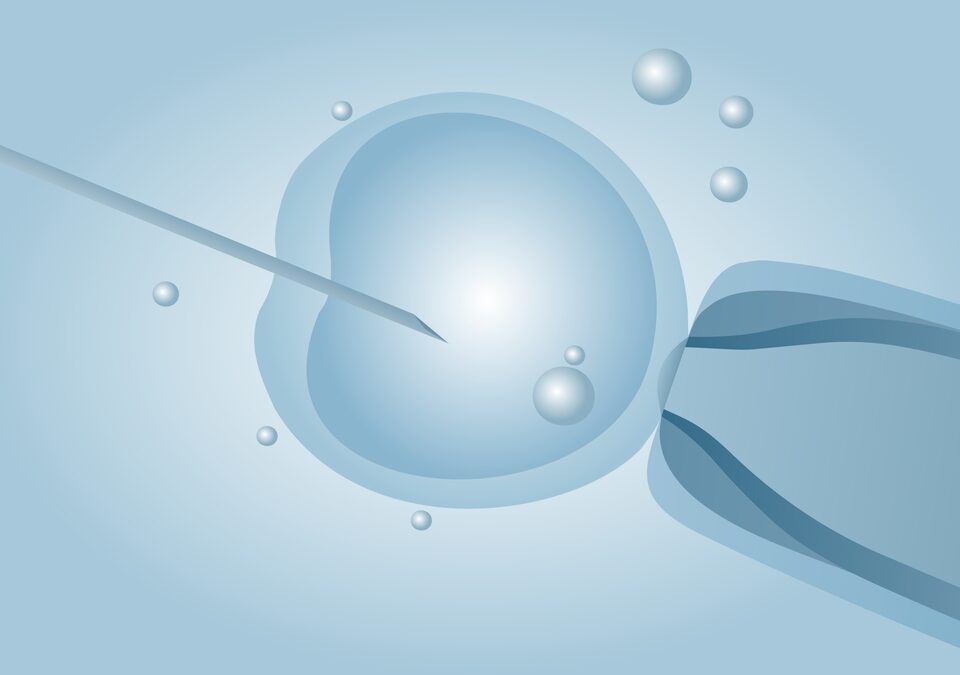
Tara Lipinski Opens Up About Her Infertility Struggles
September 7, 2023
What You Need to Know About The Apple Watch Fertility Tracking Upgrade
September 29, 2023The idea of an artificial womb may sound like complete science fiction, but it’s actually a reality that the FDA is talking about allowing for babies born very prematurely. These babies, which are often called “neonates” by scientists, have lower chances of survival and higher chances of health problems as they grow, because they didn’t remain in the womb long enough to fully develop properly.
The artificial womb technology the FDA is considering has already been used on fetal pigs and preterm lambs with significant success, and researchers believe the logical next step is to use it on humans to help save babies born too early. Not only could this technology save lives, but it may also lower the number of medical problems that preterm babies so frequently experience.
Development of the brain, gut, and lungs are the biggest benefits seen from these artificial wombs, which often consist of synthetic amniotic fluid in a bag connected to the umbilical cord. They allow the baby to get more oxygen and nutrients, and remove carbon dioxide from the bloodstream. In the last six years, this technology has been studied extensively, but even with FDA approval it will still be months or years before it’s studied in humans.
One of the biggest considerations surrounds the specifics of using an artificial womb is determining how to make the transfer, which babies qualify, and how to study the issue ethically. These are all significant issues. Research hospitals would also individually review the issue from both a science and an ethics perspective before deciding whether to move forward.
While the idea of taking a preterm baby and placing them into this kind of environment can seem very exciting for the potential it offers, researchers have to take care not to cause additional harm or put babies at increased risk. Right now, 65% of infant deaths occur in premature babies. That includes those born before 37 weeks, which are considered premature, and those born before 32 weeks, which are considered extremely premature and are at the highest risk. This new technology could save many lives, but a lot more study is needed first.
The contracts that we prepare for our clients are comprehensive and thorough. Some of the services we provide include counseling intended parents and surrogates on the state of the law with respect to the different reproduction methods available; drafting of the contract(s) between intended parents and their surrogate, egg donor, sperm donor or embryo donor; assisting future parents in finalizing their parental rights; and assisting our surrogate, egg donor, sperm donor, embryo donor, or embryo donor clients in establishing the intended parents’ rights. Contact us today to learn more!




